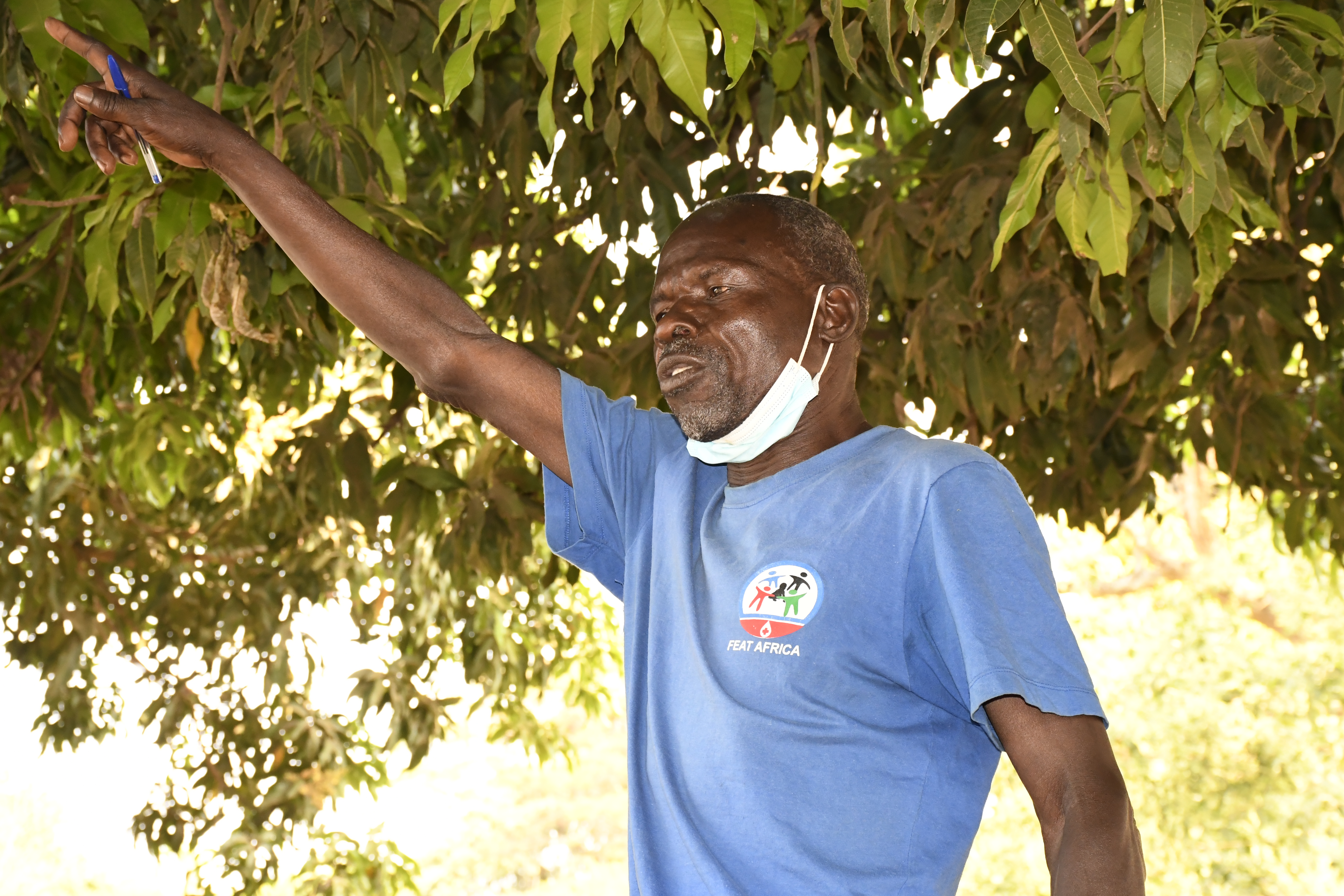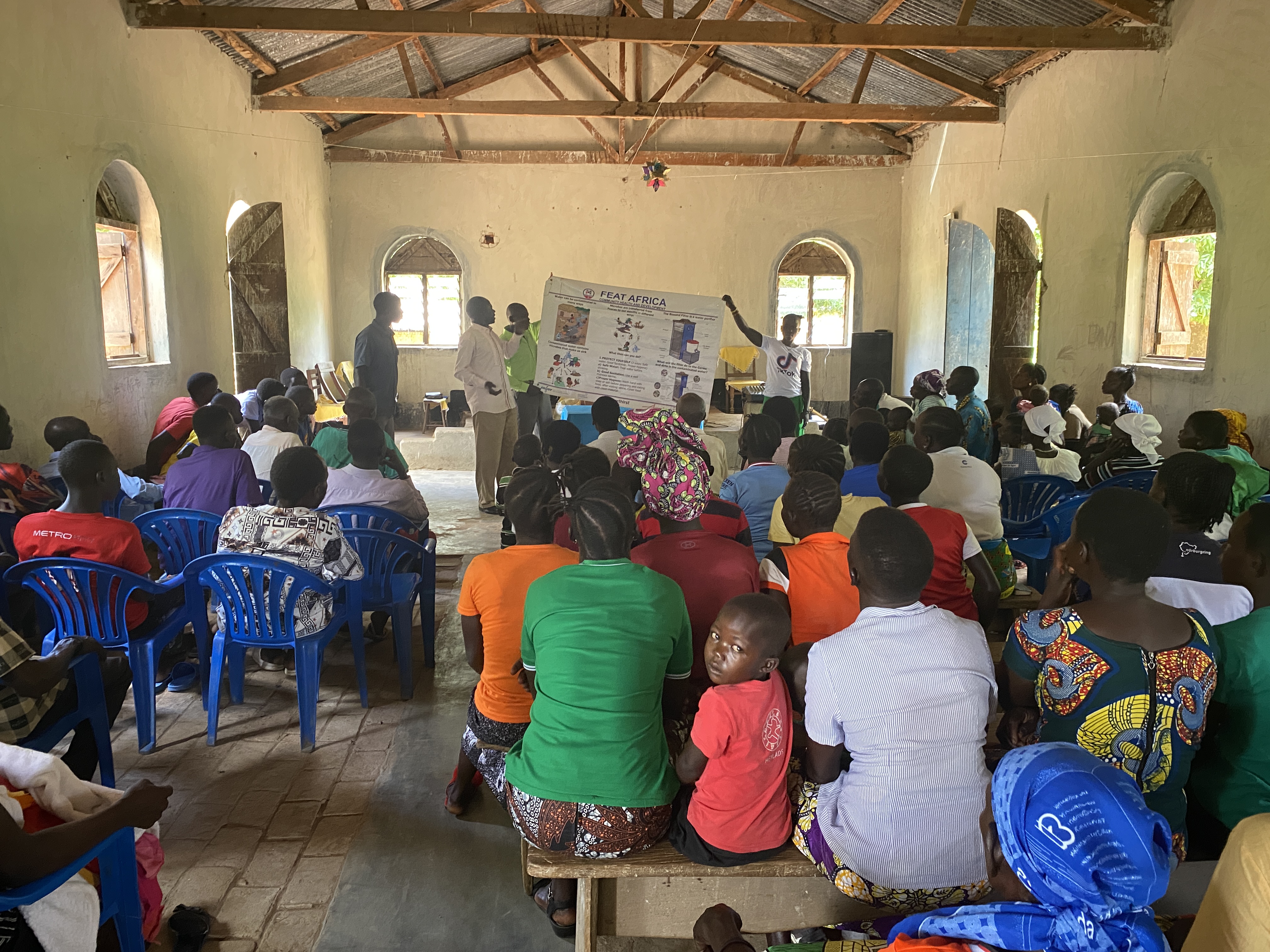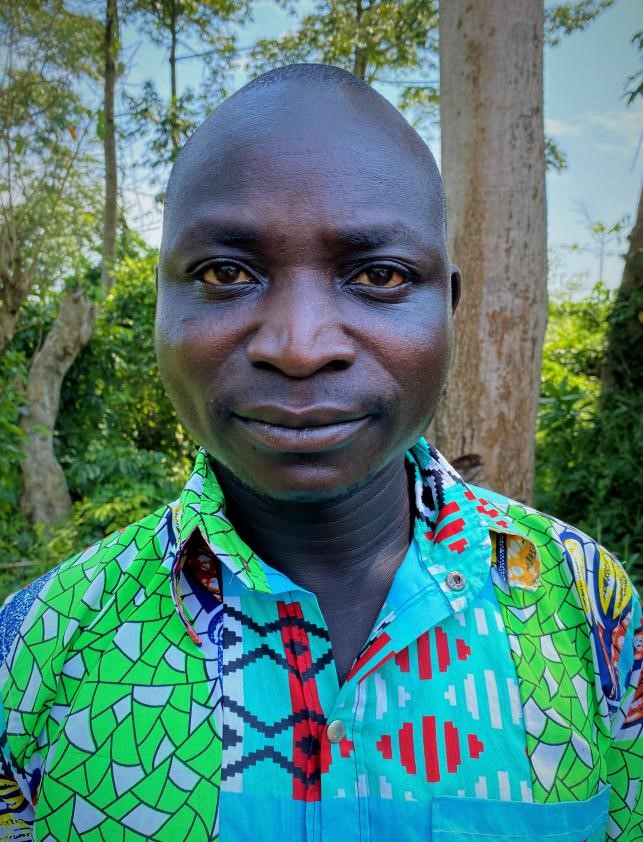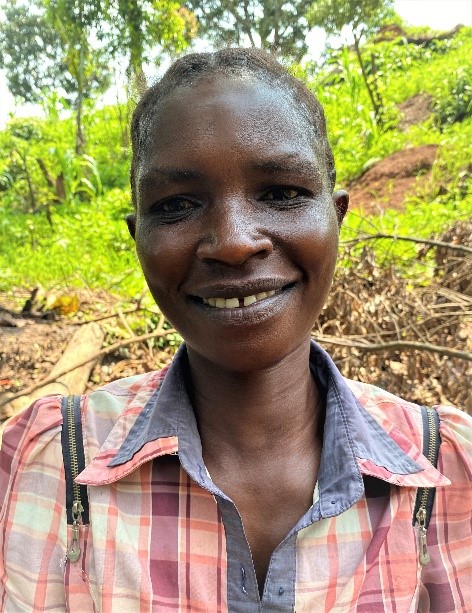My name is grace Jula, 56 years. Fualwonga is...
Read MoreEvangelism
implementation approach
Feat Africa implements Community-Led Total Sanitation (CLTS) initiatives as part of its comprehensive approach to improving sanitation and public health in underserved communities. The process begins with the training of community leaders, including Village Health Teams (VHTs), Local Council (LC) 1 members, and Health Assistants. These leaders are equipped with the knowledge and skills necessary to facilitate CLTS activities effectively. Through interactive workshops and hands-on training sessions, they learn about the importance of sanitation and hygiene practices and how to engage their communities in adopting sustainable solutions.
Following the training of leaders, community sensitization campaigns are conducted, led by the trained leaders themselves. These campaigns are designed to raise awareness and mobilize community members to take action towards improved sanitation and hygiene. Through door-to-door visits, community meetings, and interactive sessions, the trained leaders engage with residents, educating them about the link between sanitation and health and motivating them to initiate change within their households and neighborhoods. As momentum builds, dates are set for Feat Africa staff to visit the communities and provide additional training and support.
The impact of the CLTS process is evident in the actual implementation and improvement of sanitation facilities, such as latrines, within the community. With the guidance and support of Feat Africa staff, community members work together to identify areas for improvement and implement sustainable solutions. This may involve the construction of new latrines, the rehabilitation of existing facilities, or the adoption of proper waste management practices. As a result, communities experience tangible improvements in sanitation and hygiene, leading to better health outcomes and a higher quality of life for residents. Feat Africa’s CLTS approach empowers communities to take ownership of their sanitation needs and fosters a culture of sustainable development and self-reliance.
Impact Stories

Pastor Agele Obiasa

Church Preaching



